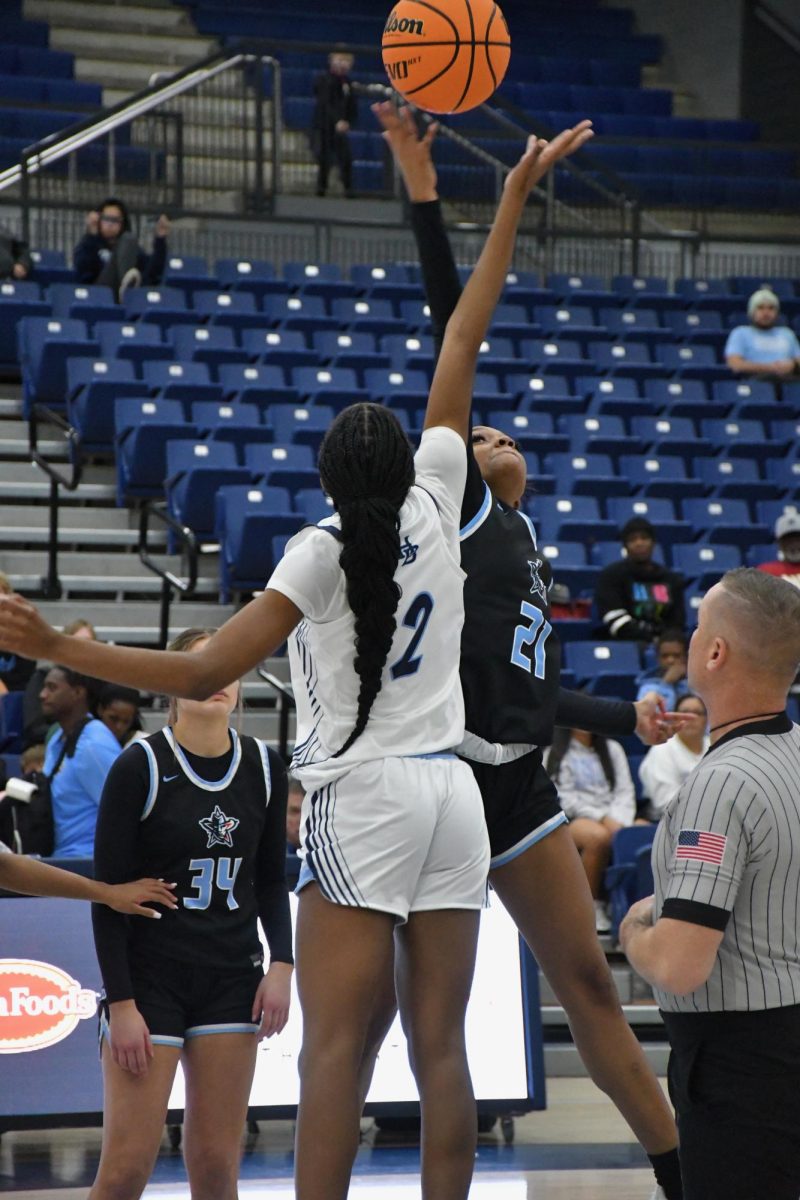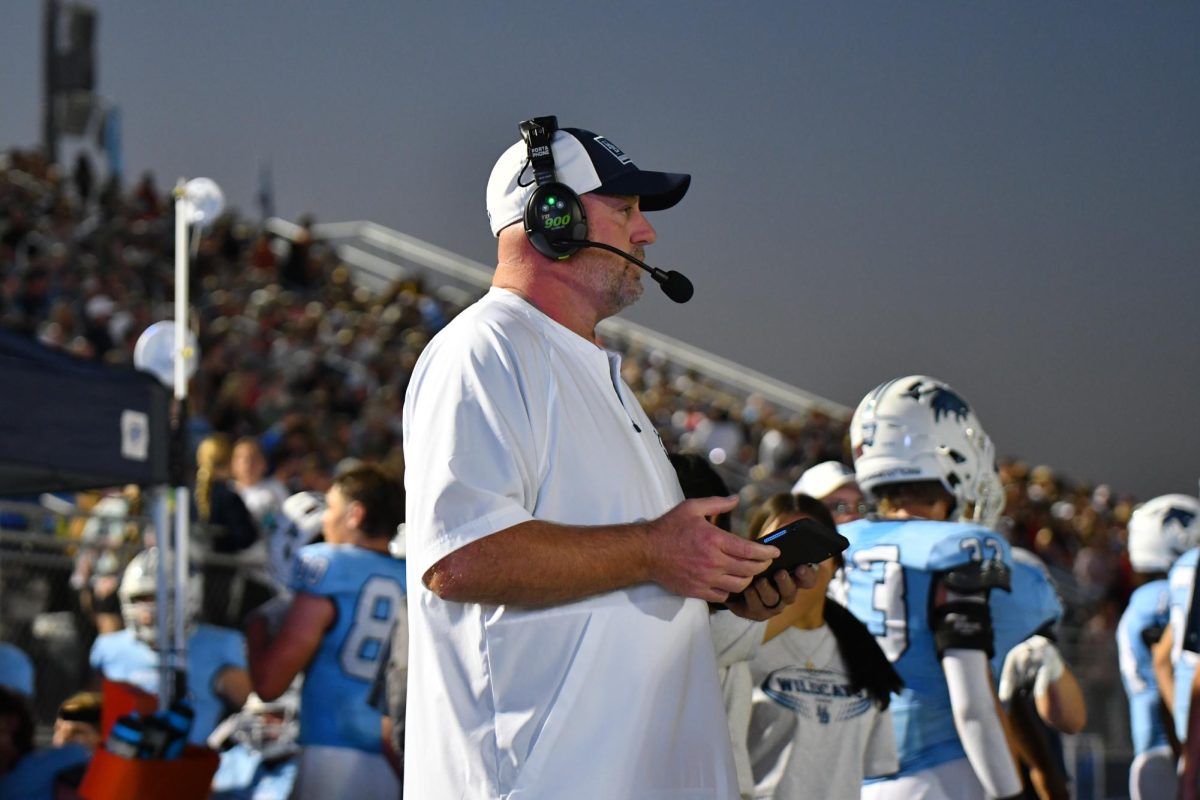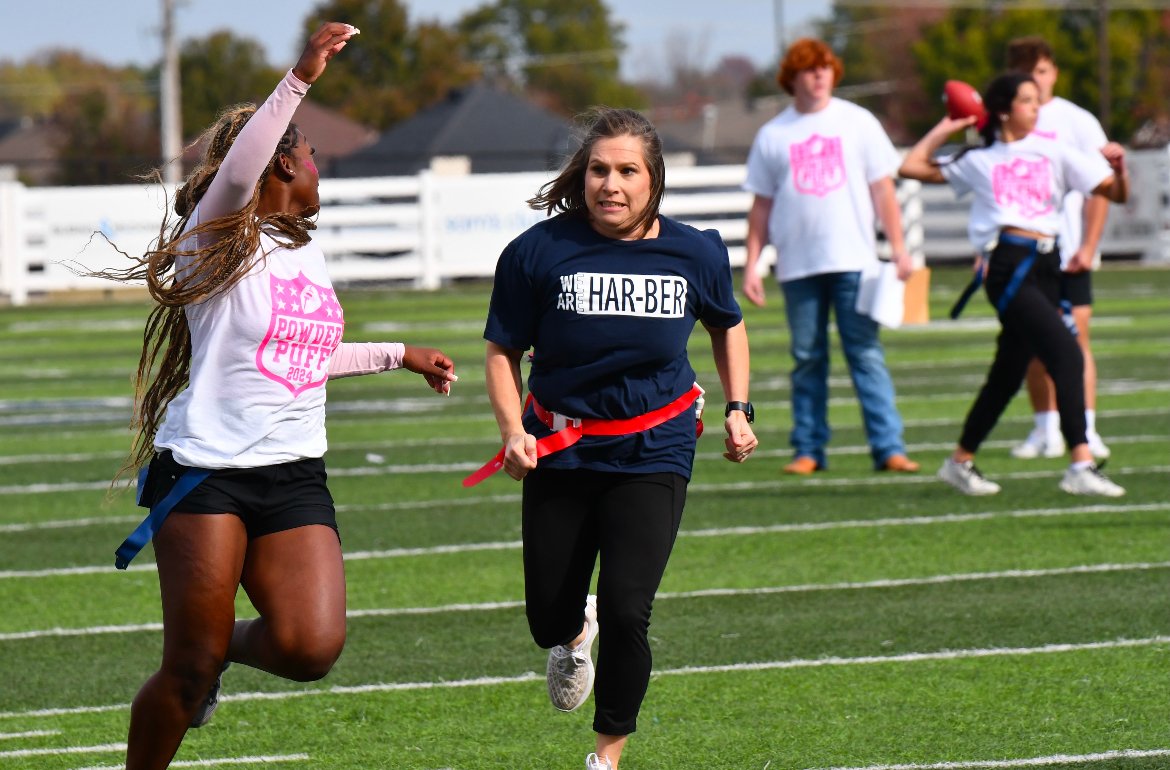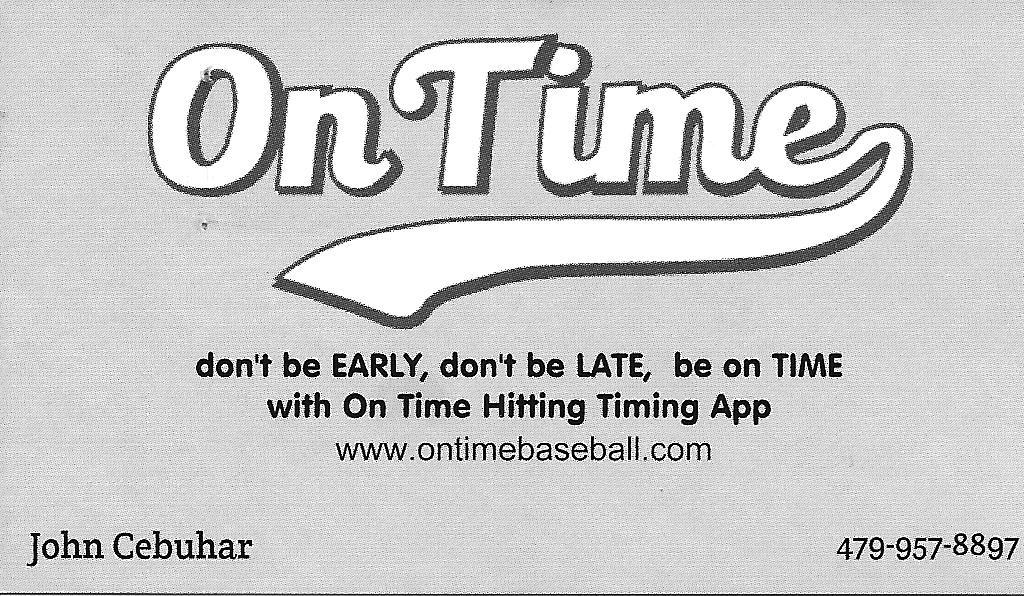Media influences young opinions
December 8, 2016
Senior Ashlyn Brothers scrolls through Twitter, Instagram, Snapchat, or Pinterest in any free time she has. As she scans the most recent headlines, the funniest new memes, and the pictures and stories of beautiful people doing interesting things, she is impacted by each post that she looks at.
“Media has affected my opinions on multiple accounts, regarding various subject matter. The biggest thing that it has influenced is my perception of reality and my view of looks, life, and love,” Brothers said.
Social media has the reputation for breeding jealousy, as most social media users only choose to post the best, edited versions of themselves. The underlying effects of participating in social media are feelings of self-doubt and a lack of self-worth.
“Seeing people post seemingly perfect pictures has caused myself to question certain aspects about myself. Am I pretty enough? Am I nice enough? How come I don’t have that many friends and why don’t guys do special things like that for me? It’s a very deceiving and distorted sense of reality,” Brothers said.
Along with the common feelings of unfair comparison, media has a large influence on its users’ opinions on big issues. It tends to bring out the worst headlines, in order to sway users’ ways of thinking.
“Social media doesn’t show the whole side of the story. It either makes the people look bad or it makes the cops look bad. There really isn’t an in between. I definitely feel like people can never know the whole story through social media,” junior Hayley Reynolds said.
While Reynolds feels that the stories are simply one-sided, senior Evan Gonzalez believes that stories may also contain false information.
“I think social media generates a lot of hate towards movements and also exposes flaws in a lot of movements. However, just like anything else, it can be false information,” Gonzalez said.
Especially with the upcoming election, the media has focused in on both candidates, displaying both of their flaws and causing much controversy. Gonzalez believes that relying on media platforms such as tweets is the wrong way to go about acquiring information to choose a candidate to vote for.
“I’m sure a lot of voters are voting based on what they hear from media. Instead of looking for any information outside for themselves, people just buy in to whatever is most popular,” Gonzalez said.
Being a young adult and trying to form opinions about the world can be difficult when media has such a large influence, as it plays such a large role in young lives.
“I’m at a very influential age and social media makes it hard to discover who I really am and what my true and authentic opinions are,” Brothers said.
Where information is gathered is critical to forming personal opinions. Turning away from apps like Twitter and Snapchat and seeking out news sources is helpful, according to Gonzalez.
“I get my information from New York Times and popular news channels. Even though they are full of bias, they have much more credible information,” Gonzalez said.
The recognition of the power of media can be pivotal in forming personal opinions. It is up to the individual to decide what source they want to trust.
“Bottom line, the media is like a game of telephone. People say what they want to say and hear what they want to hear. It’s easy for things to get misinterpreted,” Brothers said.





